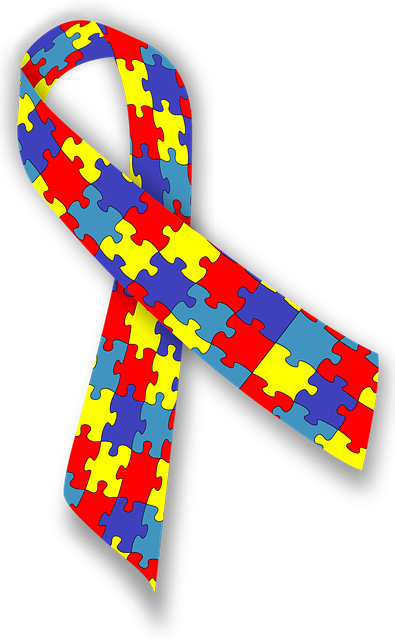
Results of a small, but unique research study, led by researchers from the Seaver Autism Center for Research and Treatment at Mount Sinai and published online in Human Genetics and Genomic Advances, suggest that low-dose ketamine is generally safe, well-tolerated and effective to treat clinical symptoms in children diagnosed with ADNP syndrome (also known as Helsmoortel-VanDerAa syndrome), a rare neurodevelopmental disorder caused by mutations in the activity dependent neuroprotective protein (ADNP) gene.
The ADNP gene affects brain formation, development, and function, and the protein produced from it helps control the expression of other genes. ADNP mutations are one of the most common single-gene causes of autism. Ketamine was approved in the United States in 1970 and is used for anesthesia and pain management, and more recently as a treatment for depression. Studies in animal models suggest that low-dose ketamine may be neuroprotective and increase expression of the ADNP gene.
Read more...







